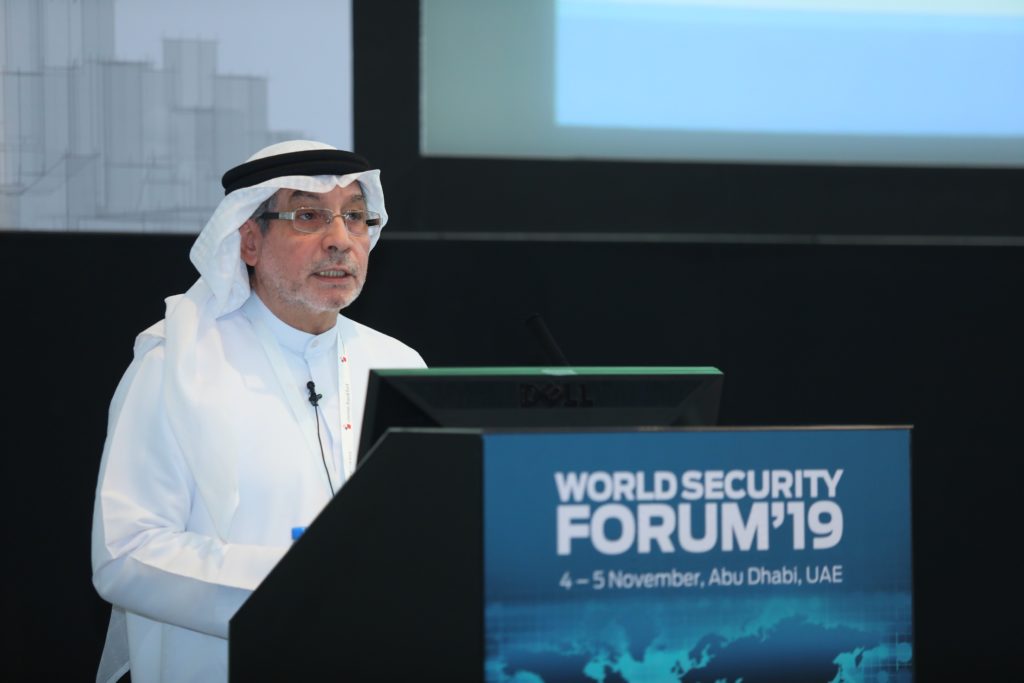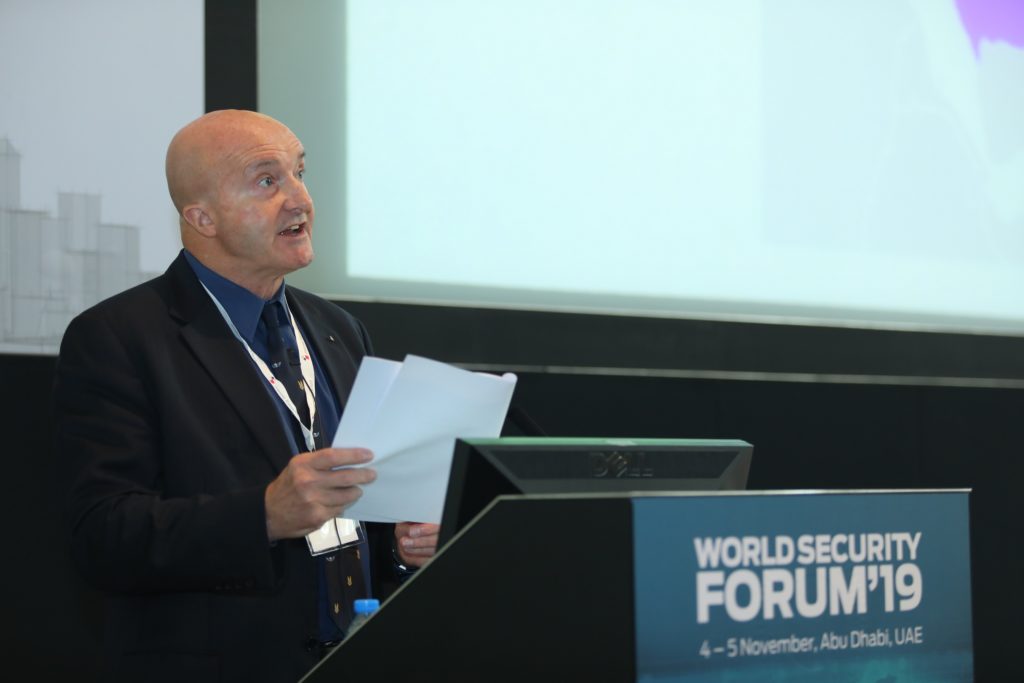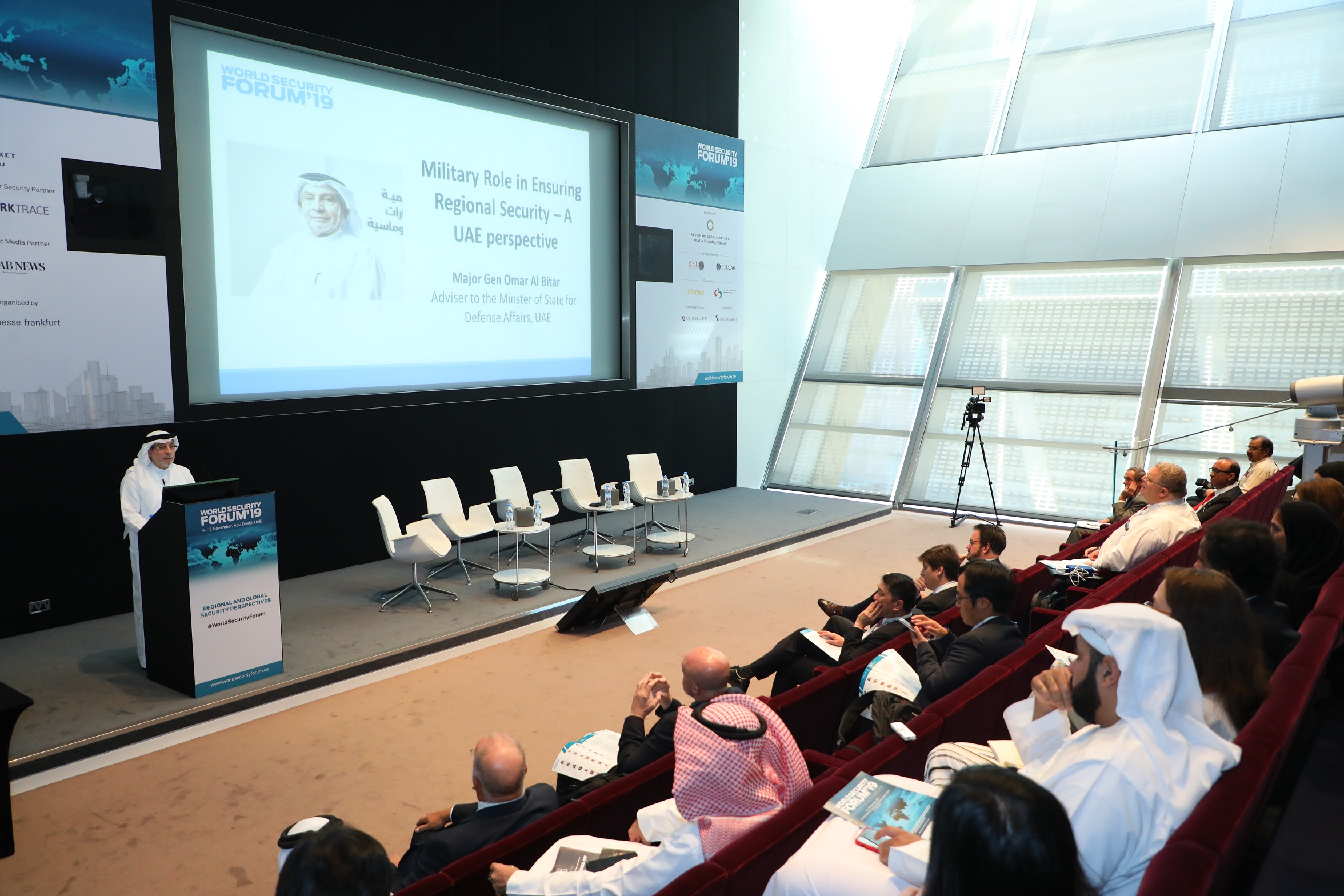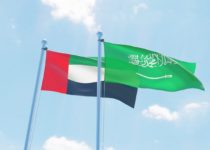A powerful congress of senior sector leaders, policymakers and advisors has convened at the inaugural World Security Forum in Abu Dhabi to discuss regional security risks and explore the strategic skills and techniques to tackle inherent challenges.
Taking place 4-5 November at Abu Dhabi Global Market, the World Security Forum opened with Major General Omar Al Bitar, Adviser to the Minister of State for Defense Affairs in the UAE, discussing avenues to develop a robust security landscape for the GCC region, while Dr. Ian Wing, a Strategic Adviser for the Ministry of Interior, UAE, explored the forces and trends shaping regional security.
In his keynote presentation, Al Bitar reiterated the UAE’s position as a cooperative nation and its willingness to work in close partnership with its neighbours for the future economic development of the wider Middle East region.
“As an economic bloc that serves the interests of the whole world, we must be open to all players and use peaceful means to create a sense of collaboration. The UAE is a peace-loving nation and believes in cooperation to achieve what is best for everyone,” said Al Bitar.
Meanwhile, Wing shed light on four forces and trends he believes will have a dramatic impact on regional sustainability and security: the GCC’s strategic geographic trade position between Africa and Asia; climate change and how GCC countries may face an increase in sea levels of up to one metre by 2100; water scarcity and its impact on population movement and conflict; and increasing human population, specifically how a global population of 10 billion people by 2050 will increase pressure on already scarce food and water supplies and lead to chronic unemployment, poverty and mass migration
Wing also shed light on imminent threats such as increased globalisation, competition amongst nations and cyber-attacks.
Commenting on the way forward for GCC governments and organisations, Wing said: “The way to deal with forces is to understand them and be prepared for their effects. There are ominous signs but also positive ones. Continued good government and decision making is critical as the region moves ahead. The GCC states are relatively young and the region is constantly changing, since forming they have amassed great strategic wealth and influence.”
Morning sessions were followed by a panel evaluating current and future regional risk resolution measures featuring Al Bitar, Wing and Faisal Abbas of Saudi Arabia’s Arab News, and Dr. Mohamed Hamad Hareb Al Kuwaiti, an Executive Adviser of the Supreme Council for National Security, UAE. The panel discussion was moderated by Arab News’ Senior Business Columnist, Frank Kane.
Organised by Messe Frankfurt Middle East, with UK’s Consilium as a Knowledge Partner, the World Security Forum comprises keynote speeches and panels examining the regional security landscape from GCC, Asian, European and US perspectives, strategy impacts, digital security mapping to combat global technology dynamism, threats to global business and insurance and means of leveraging intelligence, surveillance and reconnaissance for a safer world.
The two-day event’s authoritative public and private sector speaker line-up also includes National Security Advisors, Secretaries of Defense and State, C-suite executives of major corporations, government ministers, specialists and business development directors from the security, insurance, shipping, finance, legal, cyber, space security and satellite industries.
More information is available at: https://worldsecurityforum.ae.









